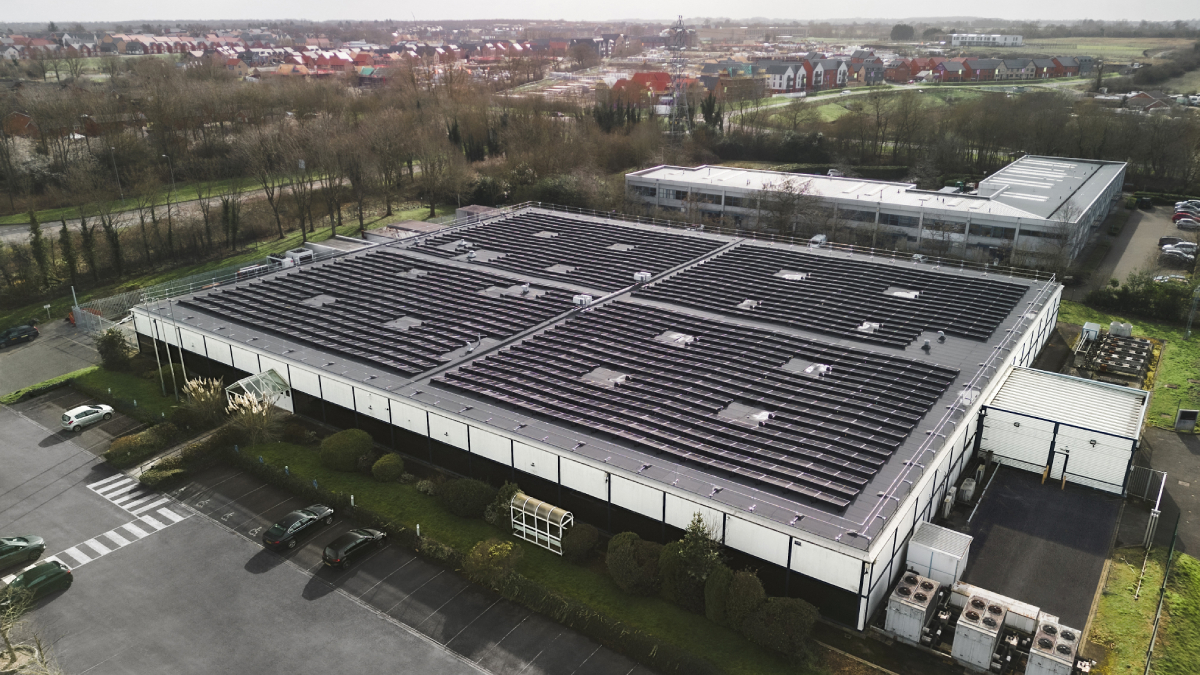The relentless rise of ‘big tech’ (specifically the ‘big six’) consisting of Facebook, Amazon, Netflix, Alphabet (owner of Google), Apple and last but not least, Microsoft – has led to these companies possessing power quite unlike anything we have ever seen.
These tech giants dominated US markets last year and will only continue to do so. But with these big tech companies having such a monopoly over our world (quite literally) can they be stopped, or have things now snowballed too far?
Lawmakers say these CEO’s and their companies are ‘abusing their position and crippling the competition’. The issue is, these tech companies don’t seem to see the problem, but the public are starting to notice.
59% of Americans said they’d support the breakup of big tech monopolies, and two thirds said the economic power of these companies is a problem facing the US. And if it’s a problem over there, it won’t be long before it makes its way across the pond (that’s if it hasn’t already.)
In a Congress hearing regarding the matter, Congresswoman Ms Jayapal questioned Facebook CEO Mark Zuckerberg via Zoom, over specific incidents regarding the ‘competition’ – the likes of Instagram and SnapChat (among others.) Needless to say, he does not do well under the scrutiny of a congressional subcommittee.
Now, I thought Facebook just bought Instagram and that was that, but oh no. It all began when Facebook tried to very blatantly copy Instagram’s main feature, by working on its own ‘Facebook Camera’, using this to then threaten Instagram’s founder, Kevin Systrom.
As clarified by Ms Jaypal, Facebook, “cloned a popular product, approached the company they identified as a competitive threat and told them if they [Facebook] couldn’t buy them up, there would be consequences.”
Instagram’s Kevin Systrom actually said, “he feared Zuckerberg would go into ‘destroy mode’ if he didn’t sell.” I mean I know the man looks a bit like a cyborg but, destroy mode? That doesn’t sound too great does it, and is nothing short of (extreme) bullying. And needless to say, Facebook now owns Instagram, so, you tell me, who won that battle?
With regards to SnapChat, Ms Jayapal went on to ask Zuckerberg, “Did you warn Evan Spiegel, founder of SnapChat, that Facebook was in the process of cloning the features of his company, whilst also attempting to buy the app?” Zuckerberg, ‘didn’t remember’.
The only responses from Zuckerberg were him repeatedly saying he ‘wanted to build the best products possible’ and ‘wanted to connect people to those they care about.’ Always funny how soleless companies whose primary purpose is to capitalise on the consumer constantly wang on about ‘caring’ and if it’s not that it’s ‘innovating’. Well, if caring and innovating mean stealing other people’s ideas and companies then you’re doing a fantastic job.
Congresswoman Ms Jaypal couldn’t have put it better, saying, “Facebook is a case study in monopoly power, because it harvests and monetises our data, then uses that data to spy on competitors to copy, acquire and kill rivals.”
Copy, acquire and kill ey? Never heard that one as a legitimate business strategy. And it’s great these issues are being brought to light in Congress, but congressional hearings are exactly that, a chance to hear from citizens and government officials. Unfortunately, we need to be seeing change, not just hearing about the problems.
When are we going to introduce a different perspective on our current reality? A perspective where life isn’t reduced down to something you can control, manipulate and manage to increase the power and resources of the elites that already dominate our societies? I think we need a little less conversation, and a little more action. Please.
This editorial originally appeared in the Data Centre Review Newsletter April 23, 2021. To ensure you receive these editorials direct to your inbox, you can subscribe to our weekly newsletter here.





